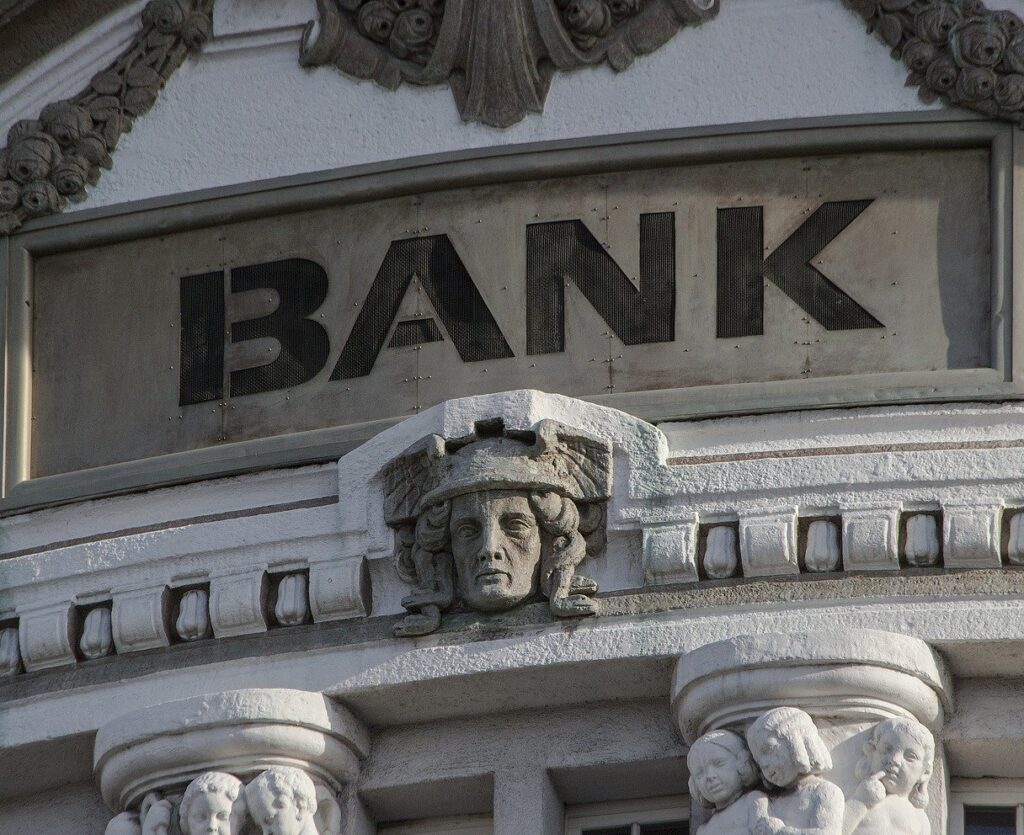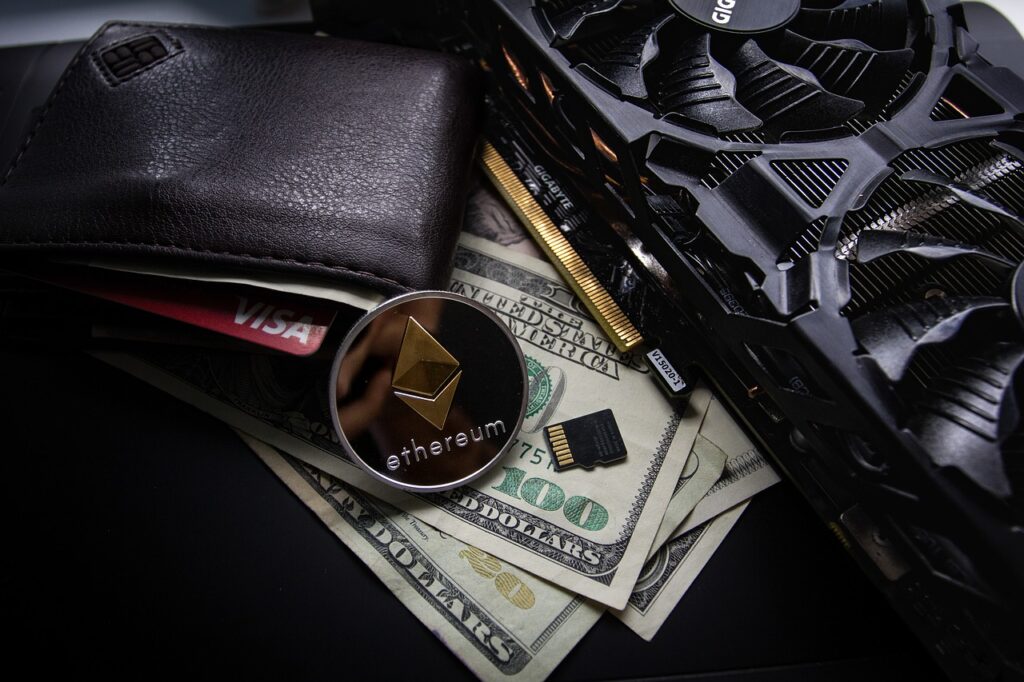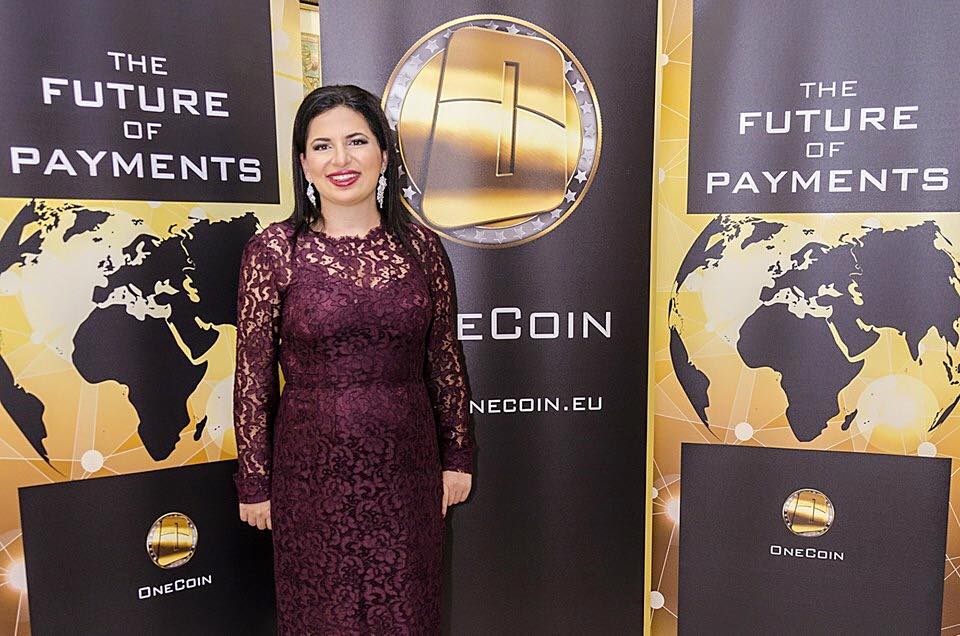Cyprus residents were shocked to learn that their hard-earned money will be utilized to bail out the banks. Cyprus’s parliament decided to charge a tax on savings.
People in Cyprus with fewer than 100,000 euros in their accounts were required to pay a 6.75 percent one-time tax. Those that had more money lost 9.9% of it. Depositors, on the other hand, were reimbursed with the same amount of shares in their banks. Except for the sum established by the tax, depositors were permitted to access all of their money.
Cyprus citizens did not have the right to refuse to pay for the bank’s misdeeds.
Let’s have a look at how a bank works.
Banks have three distinct features that make it nearly hard to survive without them.
One, when you deposit money with a bank, they become the legal owner of it, as the people of Cyprus recently discovered when their deposits were taken due to bank bail-ins.
Two, they have complete control over how they spend their money by deciding who they lend to. Bankers control a significantly higher share of the money than governments because most money is funneled through their hunger for loans.
Three, they are responsible for 97 percent of the world’s money supply. Brand new money is created when a bank issues a loan, and bank-created money accounts for 97 percent of all money in circulation.

Will DeFi replace Banks?
Currency, loans, insurance, bonds, credit cards, equities, futures, options, and interest-bearing accounts are no longer needed to be disbursed through traditional banking institutions. All of these financial products are undergoing a transformation into a new model: DeFi
Decentralized Finance (DeFi) is a multibillion-dollar movement that encompasses a number of interrelated ideas. According to JPMorgan, the entire value of DeFi on the Ethereum blockchain has risen to about $200 billion in 2021 from around $20 billion in 2020. DeFi uses in the crypto industry include digital asset lending and borrowing, derivatives, insurance, and even crypto asset management. These financial instruments work in a similar way to what traditional banks do.
DeFi is basically blockchain-based. It uses an immutable, trustless computer network to verify transactions without the need for human intervention. Ethereum was the first significant blockchain to evolve beyond a simple currency replacement. It is also the most established platform on which DeFi is built. Instead, with the introduction of smart contracts, Ethereum has radically revolutionized our ability to automate operations. Smart contracts allow code to assist actions maintained on the blockchain public ledger.
These smart contracts aid in the resolution of issues that arise in complex financial ecosystems that operate according to rules. Eventually, assisting in the removal of traditional third parties such as banks and brokerage companies. At a fraction of the expense of traditional systems, these rules may dictate action, automate transactions, and create massive efficiencies in the marketplace.
The following are some of the main benefits of DeFi:
- It removes with the fees charged by banks and other financial institutions for using their services.
- Instead of depositing your money in a bank, you save it in a safe digital wallet.
- It can be used anywhere with an internet access without having to ask permission.
- You can transfer money in a matter of seconds or minutes.

Decentralized Finance (DeFi)
How can I use DeFi?
The majority of DeFi protocols are developed on top of Ethereum or Binance Smart Chain, and recently Solana and Cardano among others. It’s critical to pick a network before selecting to use DeFi services.
Also Read: How Artificial Intelligence Is Effective In The Court Proceedings?
The majority of large protocols now support multiple blockchains, with the main differences being ease of use and transaction fees. Ethereum, Binance Smart Chain, and Polygon are all accessible through wallet extensions like MetaMask, and switching networks is as simple as changing a few parameters. Metamask Wallet does not support Solana or Cardano. To conduct financial transactions, they have different wallets.
Users can access their funds straight from their browsers using these wallet extensions. They are installed similarly to other extensions, and frequently require users to either import an existing wallet (through a seed phrase or private key) or build a new one. The private key is similar to your password and should never be shared, but the public key is your address for people to send you assets.
You can put any number of assets into your wallet, including Non-Fungible Tokens (NFTs). In the future, these wallets can be used to hold all of your assets, including deeds to your home, automobile, health records, your digital identity, and much more.
What can you do with DeFi?
DeFi apps are developed on top of networks, and each network has its own native tokens that can be identified on exchanges by their ticker symbols: Ethereum (ETH), Polygon (MATIC), Binance Coin (BNB), and so on.
Buying crypto
You’ll need some of these native tokens to move funds around because they’re used to pay for transactions on these blockchains.
After purchasing funds on a centralized exchange or DeFi Exchange, you must transfer them to the wallet with the same network. You should not transfer the funds from one network to another. It will result in the loss of tokens. It’s critical to avoid sending funds to the wrong network, so double-check that you’re on the right one before withdrawing.
Lending
Rather than earning interest and incentives once a month, lend out your crypto and earn interest and rewards every minute.
Obtaining a loan
Instantly secure a loan without the need to complete out paperwork, even extremely short-term “flash loans”. These are difficult to obtain from traditional financial institutions.
Trading
Make peer-to-peer crypto asset trades, as if you were buying and selling stocks without using a brokerage.
Saving for the future
Invest part of your cryptocurrency in alternative savings accounts to earn higher interest rates than you’d obtain from a bank.
DeFi protocols can help with a variety of other activities.
You can earn interest, borrow, lend, purchase insurance, trade derivatives, exchange assets, and more with DeFi. As compared to traditional banks, it’s faster and doesn’t involve paperwork or a third party. DeFi is global, peer-to-peer (directly between two people, not through a centralized system), pseudonymous, and available to anyone, just like crypto in general.
DeFi will alter the way we bank and deal with all types of assets. In the future, tokenization of all the assets will happen. This will be a major shift, similar to what happened with the Internet.
When the legal tender is deposited in a bank, it becomes the bank’s property. This is exactly what happened in Cyprus. The depositors had little choice but to pay the taxes. This is not the case with DeFi.





